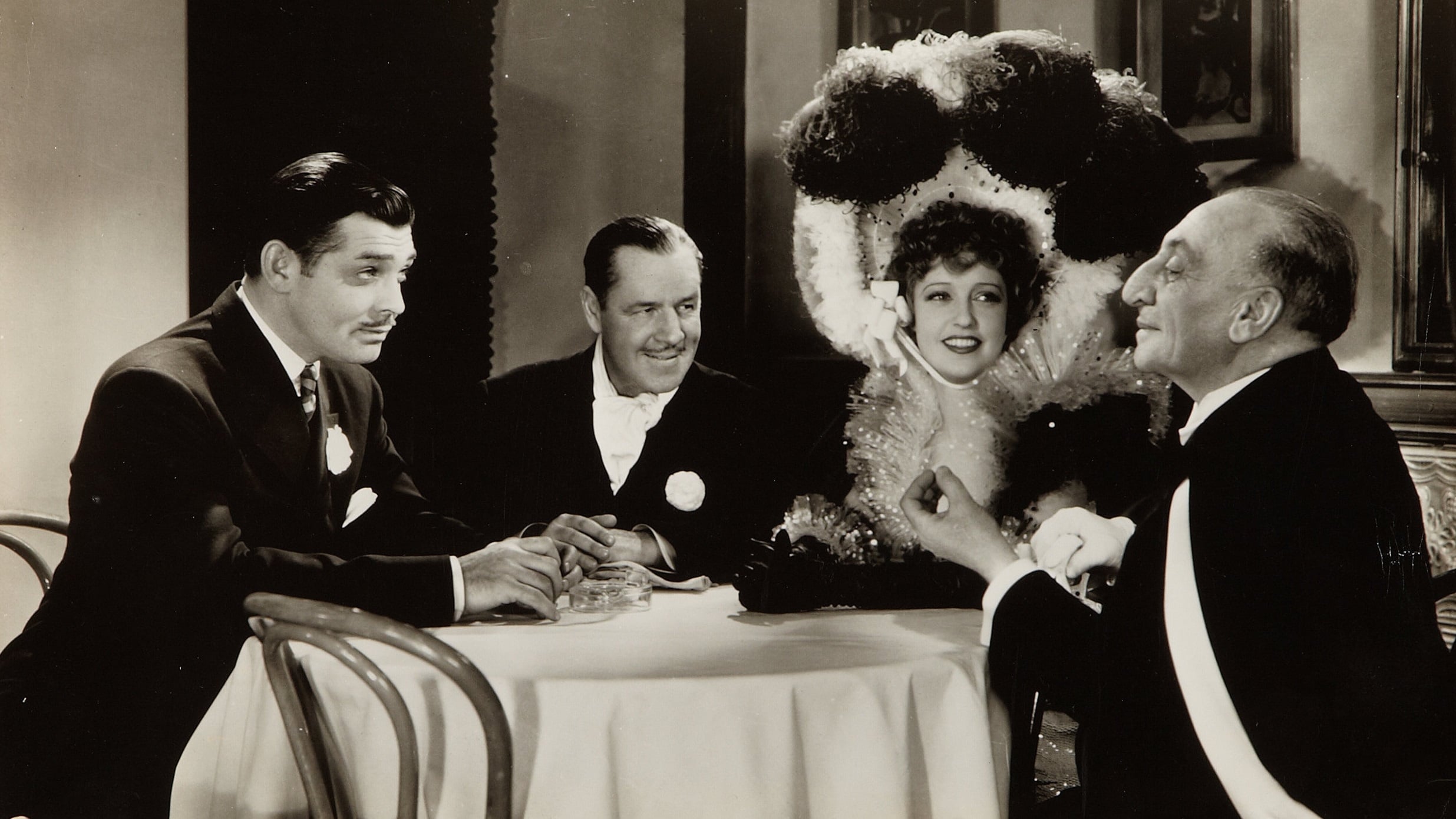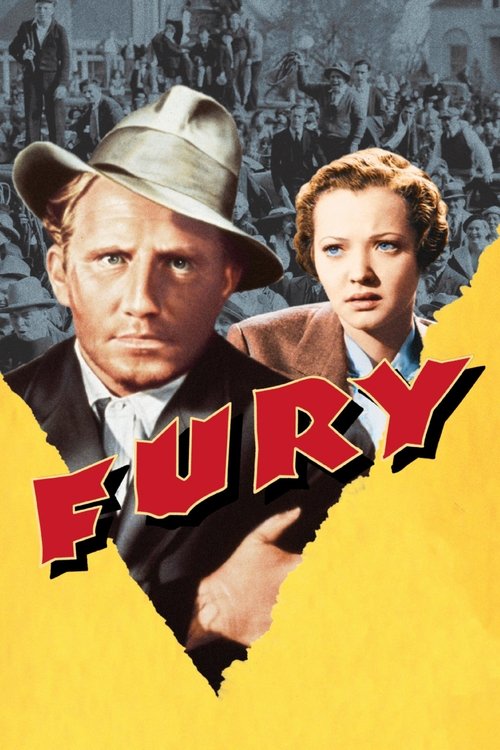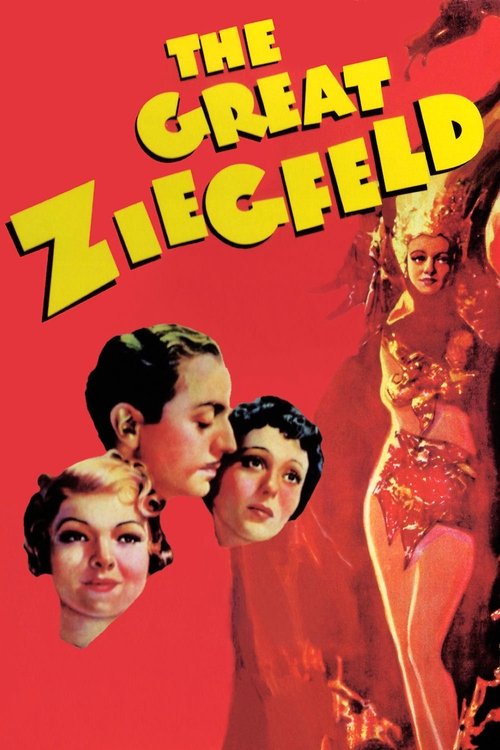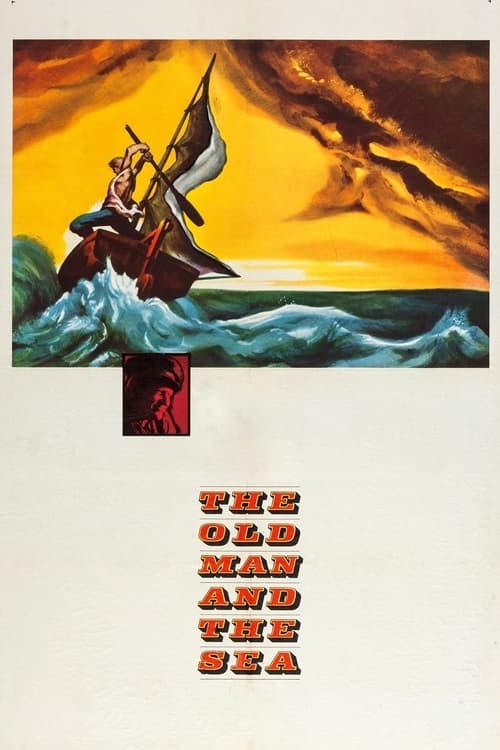
1936
San Francisco
Drama, Romance, Music
7.0
User Score
77 Votes
Status
Released
Language
en
Budget
$1.300.000
Production
Metro-Goldwyn-Mayer
Overview
A beautiful singer and a battling priest try to reform a Barbary Coast saloon owner in the days before the great earthquake and subsequent fires in 1906.
Review

Geronimo1967
7.0
I sometimes found Jeanette MacDonald to be a sort of singing hybrid of Bette Davis and Binnie Barnes! She reminds me very much of that here in this engaging, if slightly long, romantic tale set just before the infamous San Francisco earthquake. "Mary Blake" arrives in the city looking for a job and she alights on the owner of the "Paradise Café". He's the suave and savvy "Blackie Norton" (Clark Gable) and he takes quite a shine to her. So too does his rather wealthier and more high-brow competitor "Burley" (Jack Holt) who might be a better fit for this girl's operatic ambitions. What now ensues sees the chemistry between MacDonald and Gable ebb and flow against a background of crookedness, envy and some good old-fashioned thuggery. Trying to help everyone stay on the right track is his childhood friend "Tim" (Spencer Tracy) who now just happens to be the local priest, a dab hand with a boxing glove, and a man who refuses to see evil in just about anyone. "Mary" has some tough choices to make, and those around her seem perfectly happy to make it for her if she doesn't - so which way is she going to turn? There's no doubt that MacDonald could sing, and her performances here are powerful and at times quite mischievous as her semi-operatic numbers illustrate quite well her character's struggle to fit into a society that wanted music hall numbers and not a good dose of "Faust"! Gable brings his usual lighthearted charm to the proceedings and there are a couple of amiable scenes from the rags-to-riches "Maisie" (Jessie Ralph) to remind us that just about everyone in that city started from nothing - even those on it's exclusive Nob Hill. The photography and visual effects at the end are really quite impressive and the audio of both the musical and thunderous elements of destruction work really quite well on a big screen too. It's not a plot that really stands out, but everyone here works well together to provide an enjoyable reminder of not just these stars, but also of the variety of Vaudeville entertainers that our forebears watched on stage.
Read More 



